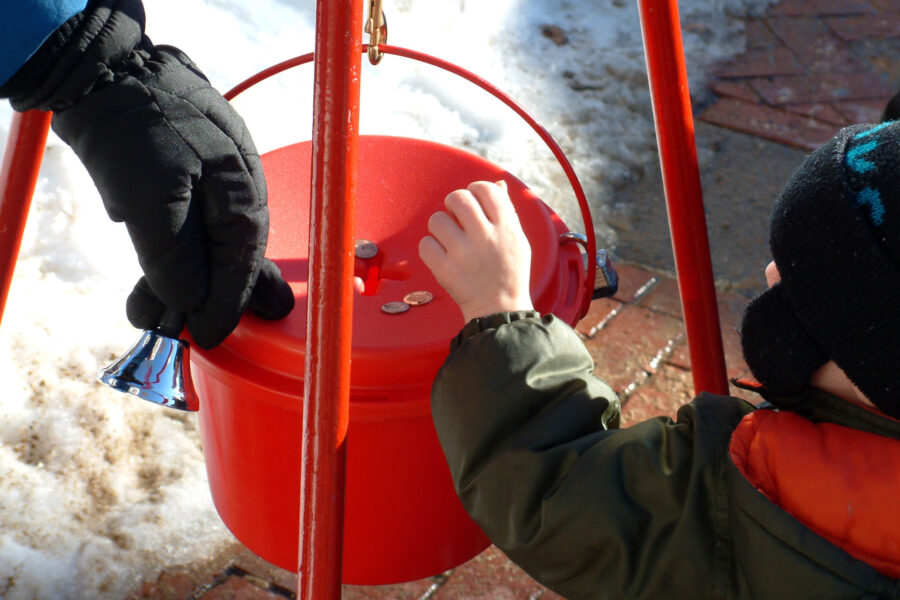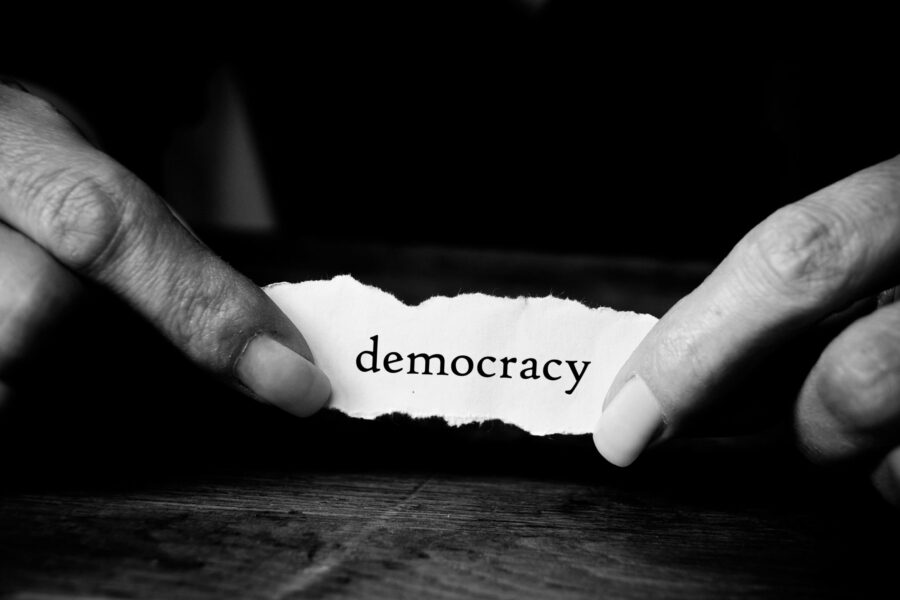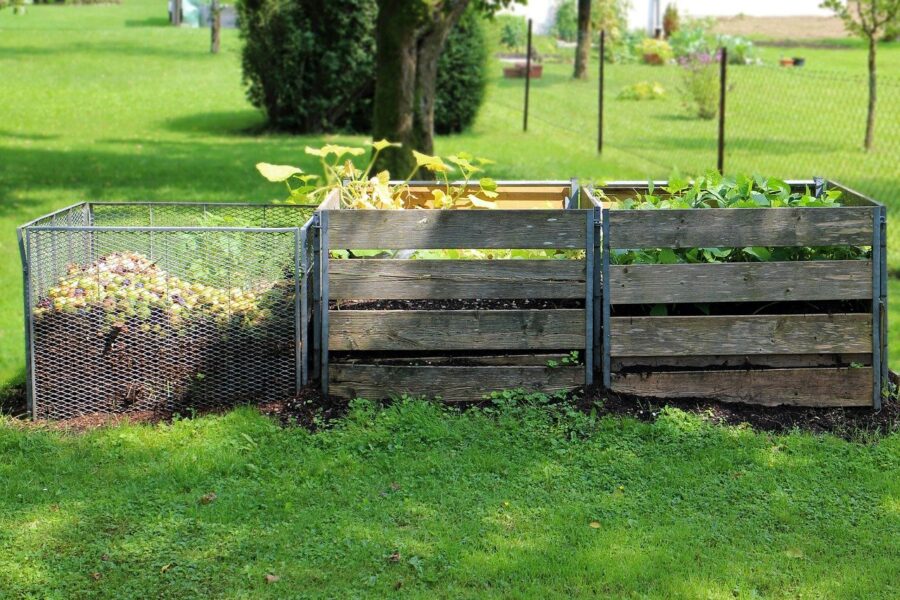This past summer, heavy rains flooded the city of Detroit, Michigan, where Clara Fang lives with her partner, their dog, and two cats. Her basement was flooded with nine inches of sewage backup while other residents had as much as four feet. It took weeks for her home to be restored to a livable condition, and cost ten thousand dollars not reimbursed by insurance. “It’s not just climate change,” she says, “it’s also the lack of investment in infrastructure and government services in this 90% African American city that made this a disaster for Detroit residents, while our suburban (and mostly White) neighbors were entirely unaffected.”
As climate change intensifies, Clara asks, “How can the climate movement be more equitable?” This year, she received a Switzer Fellowship, a prestigious award granted by the Switzer Foundation that connects graduate students to a network of professionals, academics, and activists all working toward environmental improvement, and provides a $15,000 stipend to help them complete their studies. Clara recently stepped down from her position as Student Engagement Director for Citizens’ Climate Lobby to be Senior Fellow at Citizens’ Climate International, and is finishing her PhD in Environmental Studies at Antioch University New England, where she researches diversity, equity, and inclusion in the climate movement. Clara is excited about the relationships created by the Fellowship and the support given to her work. “In all the ways we see climate change affecting us,” says Clara, “People of color in marginalized communities fare far worse. Our solutions so far haven’t benefited those who need it the most. They’re not equitably distributed.” She is trying to address that inequity by promoting greater diversity and inclusion in the climate movement.
Clara was born in Shanghai, China. Her family moved to Washington D.C. when she was nine years old, and she grew up enjoying hikes and wildlife in the Chesapeake region. She became a skilled poet and writer, and has a long list of publications. Along with a Master of Environmental Management from Yale, she has an MFA in creative writing from the University of Utah. She came to the field of sustainability – and, eventually, Antioch – out of concern for the planet. As the climate crisis intensifies, and with the death last year of George Floyd and the protests that followed, Clara’s work has become more urgent. With her Switzer Fellowship and Climate Diversity platform, she hopes to create awareness about diversity and inclusion in the climate movement and create justice-oriented frameworks for the environmental struggles to come.
Privilege and the Beauty of Nature
Clara spent her early life in Shanghai, where “air pollution was a persistent fact of life.” Clara describes perpetual grey skies, ubiquitous coal-burning, and widespread respiratory illness in her homeland. Her father immigrated to the U.S. in 1989 to escape political persecution, and she joined him and her mother in 1992. The contrast was transformative. Says Clara, “My neighbors had these perfect green lawns. There were parks everywhere. I really loved it. As a child immigrant, I was very lonely and experienced a lot of racism. I was the only child in a family uprooted by violence and terrorism. So being in nature was very healing for me.”
In Rockville, Maryland, Clara attended a top-ranked public high school where she excelled in math and sciences as well as the arts and humanities. Her paintings were sold for $500 before she graduated and she wrote poetry. She went to Smith College where she majored in English and studied abroad at Oxford University, then the University of Utah where she earned her MFA in Creative Writing. Of her published poems, many are concerned with the environment and its damage, prompted by an innate love for nature. As she writes in her poem “How Immigrants Become Environmentalists,” published in Tupelo Quarterly, “the smell of a forest is all you need / to remember the day you were born.”
Clara sees herself as lucky for the inspiration of nature – drawn from things like backyards, parks, and accessible hiking that aren’t necessarily available to everyone. It’s a type of privilege that helps explain the lack of diversity in sustainability organizations. As Clara says, “In our movement, if you’re white, you may have had environmental advantages which helped you get to where you are, like being able to breathe clean air and access to green space when you were young.” Oftentimes, the mainstream environmental movement is seen as being concerned with “the great outdoors” and wildlife – vast, “pristine” places lacking human presence – whereas, as Clara says, “A lot of the work involves urban spaces and our political and economic systems.” There’s a wealth of potential activists inspired by the possibilities of urban space and the desire to help people rather than “nature” that, as Clara observes, are excluded from the mainstream environmental movement.
Whiteness in Environmental Sustainability
As an undergraduate at Smith College, Clara was a student organizer on environmental issues. Most of the participants were white, but it didn’t bother her much since most of the students at the school were white as well. At the Yale School of the Environment, where she earned her Masters, there were more international students and few domestic students of color in her class of 180, but it still felt very welcoming. After graduating from Yale, she worked as a sustainability consultant for the Mayor’s Office in Albany, New York, which was “a notorious old boy’s club.” She recalls, “even though I had just graduated from this prestigious school and had edited a book on how to integrate sustainability into business operations, most people treated me like an intern, like ‘Who are you to tell us what to do about sustainability in our city?’ It was very disheartening.”
Clara then went on to work at Swarthmore College as a sustainability coordinator, then Towson University as a sustainability manager, where she developed climate action plans and seeded sustainability initiatives for the schools. But she struggled with the limits of personal and institutional change, which were often dependent on how much money and privilege one had. In 2016 she began volunteering for Citizens’ Climate Lobby (CCL), a young nonprofit focused on building political will for climate solutions. “They utilize this model where they build relationships with members of Congress and apply steady and respectful pressure to advocate for climate solutions. It was exciting to affect change at the national and systems level.”
Clara loved the inclusive, grassroots mission of CCL, which made the lack of diversity even more disturbing – says Clara, “It was painfully noticeable…we would organize these conferences with over one thousand climate activists, very reasonably priced, and they would be 99% White.” Clara began working with the CCL leadership to address this. Together, they asked, “What does the membership actually look like, and how can we be more appealing to historically underrepresented groups?” She completed a survey study for CCL which counted for one of her Learning Domains in the PhD program. In 2020, she became the Student Engagement Director for CCL, growing their supporters under age 25, as well as people of color, from less than 1% to 25%. At the same time, she was researching diversity in the climate movement at Antioch.
Roadmap to Climate Diversity
In 2017, a year after Clara started at CCL, she came to the Environmental Studies program at Antioch, where she was eagerly supported by faculty Dr. Abigail Abrash Walton and James Gruber. She was attracted to the low-residency nature of the program, and that, as she says, “You can really create what you want to study. There’s no prior agenda with people’s research.” Initially, Clara intended to study climate advocacy, but realized through her research and her work at CCL that “The main barrier to climate action isn’t a lack of concern, but a lack of inclusion.” Lack of inclusion was holding everyone back. As she says, “I think my interests have evolved to address what most needs to be addressed. Climate change is the most critical issue, but racial and social justice are necessary to address it effectively.” Good sustainability work requires an engagement with diversity.
To supplement outreach for her dissertation, Clara created the site Climate Diversity, where she describes her research with a series of questions – Why diversity? What are the barriers for people of color in the climate movement? How can environmental organizations be more inclusive and equitable? Climate organizations, activists, and leaders are invited to participate in surveys and interviews. In return, Clara gives them a deeper understanding of their own diversity “baseline,” so their progress can be better measured. Clara hopes to engage with over a thousand climate activists from different backgrounds, and “create a roadmap for improving diversity and equity.” Clara envisions many opportunities to apply this roadmap in the future. As she says, “Organizations are really investing in this area. Their efforts may still be fairly new, but I think they see that it needs a real effort and not just lip service. I’m so glad that there are foundations like the Switzer Foundation that are supporting this kind of work. I’m exploring opportunities to take it in a bigger direction.”
In 2019 Clara also began working with the Association for Environmental Studies and Sciences (AESS), a professional organization that serves environmental scholars and scientists. “If the environmental movement is lacking in diversity, the problem is most pronounced in academia, which is also where it can begin to be remedied,” she says. In collaboration with AESS, She organized a diversity and environment webinar series, conducted a diversity study of AESS, and last summer began serving on the AESS Board of Directors. As she says, “What’s emerging, perhaps, is a culture that sees strength in diversity, that creates a sense of belonging, so people can contribute with their whole selves.”
This is Clara’s bigger direction – helping environmental organizations embrace the diversity they need to do better work. Through workshops and consulting, research and collaboration, she is changing the shape of the environmental movement towards equity and justice. This has never been more urgent to a climate movement that has been impeded by privilege and monoculture. The work must start now, especially as the world faces intensifying climate crises. As she writes in her poem “The Children on Why they are Striking on Climate” (read on Citizens’ Climate Radio Episode 51, September 2020), “Because now is better than never / Because you want to look us in the eye when we ask you / Did you do everything you could? / Did you give a damn?”





